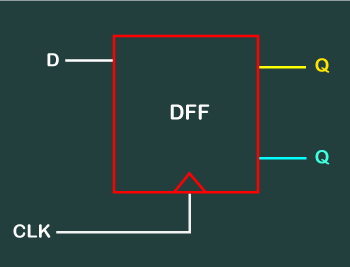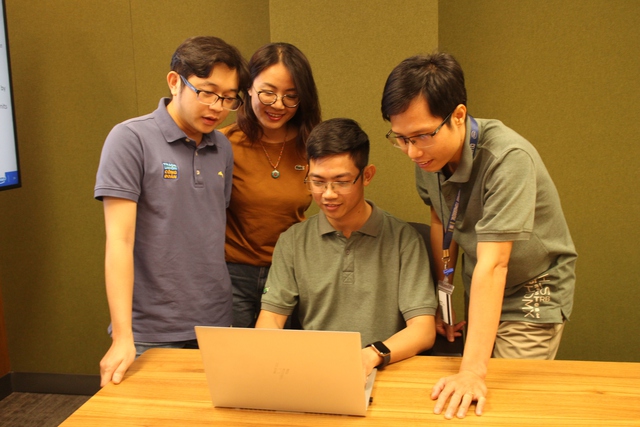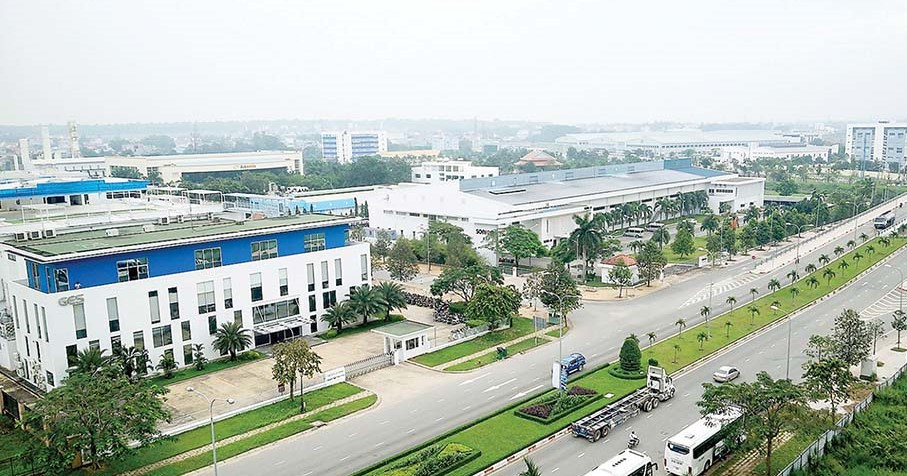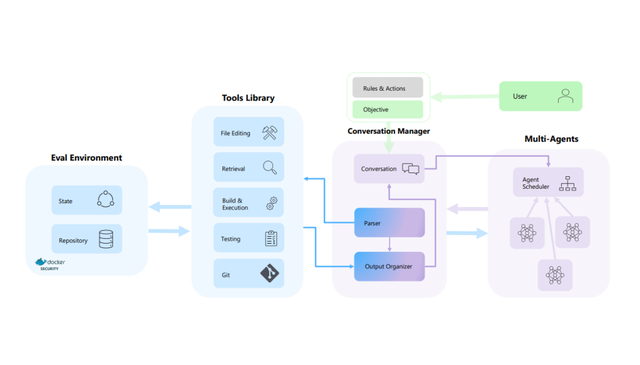Routine | Description |
acc_handle_scope() | This function returns the handle to the scope of an object. The scope can be either a module, task, function, named parallel block, or named sequential block. |
acc_handle_by_name() | This routine returns the handle to a Verilog-HDL object based on the specified name and scope. |
acc_handle_parent() | This function returns the handle for the parent primitive instance or module instance of an object |
acc_handle_port() | This function returns the handle for a module port |
acc_handle_hiconn() | This function returns the hierarchically higher net connection to a scalar module port or a bit of a vector port |
acc_handle_loconn() | This function returns the hierarchically lower net connection to a scalar module port or a bit of a vector port. |
acc_handle_path() | This function returns a handle to an inter-module path that represents the connection from an output port to an input port |
acc_handle_modpath() | This function returns a handle to the path of a module |
acc_handle_datapath() | This function returns a handle to a datapath for a module instance for the specified edge-sensitive module path |
acc_handle_pathin() | This function returns handle for the first net connected to a module path source |
acc_handle_pathout() | This function returns handle for the first net connected to a module path destination |
acc_handle_condition() | This function returns a handle to the conditional expression for the specified path |
acc_handle_tchk() | This function returns handle for the specified timing check of a module (or cell) |
acc_handle_tchkarg1() | This function returns handle for the net connected to the first argument of a timing check |
acc_handle_tchkarg2() | This function returns handle for the net connected to the second argument of a timing check |
acc_handle_simulated_net() | This function returns the simulated net associated with the collapsed net passed as an argument |
acc_handle_terminal() | This function returns a handle for a primitive_terminal |
acc_handle_conn() | This function returns a handle to the net connected to a primitive terminal |
acc_handle_tfarg() | This function returns a handle for the specified argument of the system task or function associated (through the PLI mechanism) with your C-language routine` |
acc_fetch_attribute() | This function returns the value of a parameter or specparam named as an attribute in your source description |
acc_fetch_paramtype() | This function returns the data type of a parameter as one of three predefined integer constants. |
acc_fetch_paramval() | This function returns the value of a parameter or specparam |
acc_fetch_defname() | This function returns a pointer to the defining name of a module instance or primitive instance |
acc_fetch_fullname() | This function returns a pointer to the full hierarchical name of any named object or module path |
acc_fetch_name() | This function returns a pointer to the instance name of any named object or module path |
acc_fetch_delays() | This function fetches different delay values for different objects |
acc_fetch_size() | This function returns the bit size of a net, register, or port. |
acc_fetch_range() | This function retrieves the most significant bit and least significant bit range values for a vector. |
acc_fetch_tfarg() | This function returns the value of the specified argument of the system task or function associated (through the PLI mechanism) with your C-language routine |
acc_fetch_direction() | This function returns the direction of a port or terminal as one of three predefined integer constants. |
acc_fetch_index() | This function returns a zero-based integer index for a port or terminal |
acc_fetch_edge() | This function returns the edge specifier (type) of a path input or output terminal as one of these predefined integer constants. |
acc_set_value() | This function returns a pointer to a character string indicating the logic or strength value of a net, register or variable. |
acc_initialize() | This function initializes the environment for access routines |
acc_close() | This function frees internal memory used by access routines; resets all configuration parameters to default values |
acc_configure() | This function sets parameters that control the operation of various access routines |
acc_product_version() | This function returns a pointer to a character string that indicates which version of a Verilog simulator is linked to the access routines |
acc_version() | This function returns a pointer to a character string that indicates the version number of your access routine software |
acc_count() | This function returns an integer count of the number of objects related to a particular reference object |
acc_collect() | This function returns a pointer to an array that contains handles for all objects related to a particular reference object |
acc_free() | This function frees memory allocated by acc_collect |
acc_compare_handles() | This function returns true if the two input handles refer to the same object |
acc_object_in_typelist() | This function determines whether an object fits a type or fulltype or exhibits a property specified in an input array |
acc_object_of_type() | This function determines whether an object fits a specified type or fulltype, or exhibits a specified property |
acc_next_cell() | This function returns the next cell instance within the region that includes the entire hierarchy below a module |
acc_next_child() | This function returns the next child of a module |
acc_next_modpath() | This function returns the next path of a module |
acc_next_net() | This function returns the next net of a module |
acc_next_parameter() | This function returns the next parameter within a module |
acc_next_port() | This function returns the next input, output or inout port of a module in the order specified by the port list |
acc_next_portout() | This function returns the next output or inout port of a module in the order specified by the port list |
acc_next_primitive() | This function returns the next gate, switch or user-defined primitive (UDP) within a module |
acc_next_specparam() | This function returns the next specparam within a module |
acc_next_tchk() | This function returns the next timing check within a module |
acc_next_terminal() | This function returns the next terminal of a gate, switch or user-defined primitive (UDP) |
acc_next() | This function within a scope, returns the next object of each type specified in object_type_array |
acc_next_topmod() | This function returns the next top-level module |
acc_next_cell_load() | This function returns the next load on a net inside a cell |
acc_next_load() | This function returns the next primitive terminal driven by a net |
acc_next_driver() | This function returns the next primitive terminal that drives a net |
acc_next_hiconn() | This function returns the next hierarchically higher net connection to a port of a module |
acc_next_loconn() | This function returns the next hierarchically lower net connection to a port of a module |
acc_next_bit() | This function returns the handles of each bit in an expanded vector port or expanded vector net |
acc_next_input() | This function returns a handle to the next input path terminal of the specified module path or datapath |
acc_next_output() | This function returns a handle to the next output path terminal of the specified module path or datap |

















